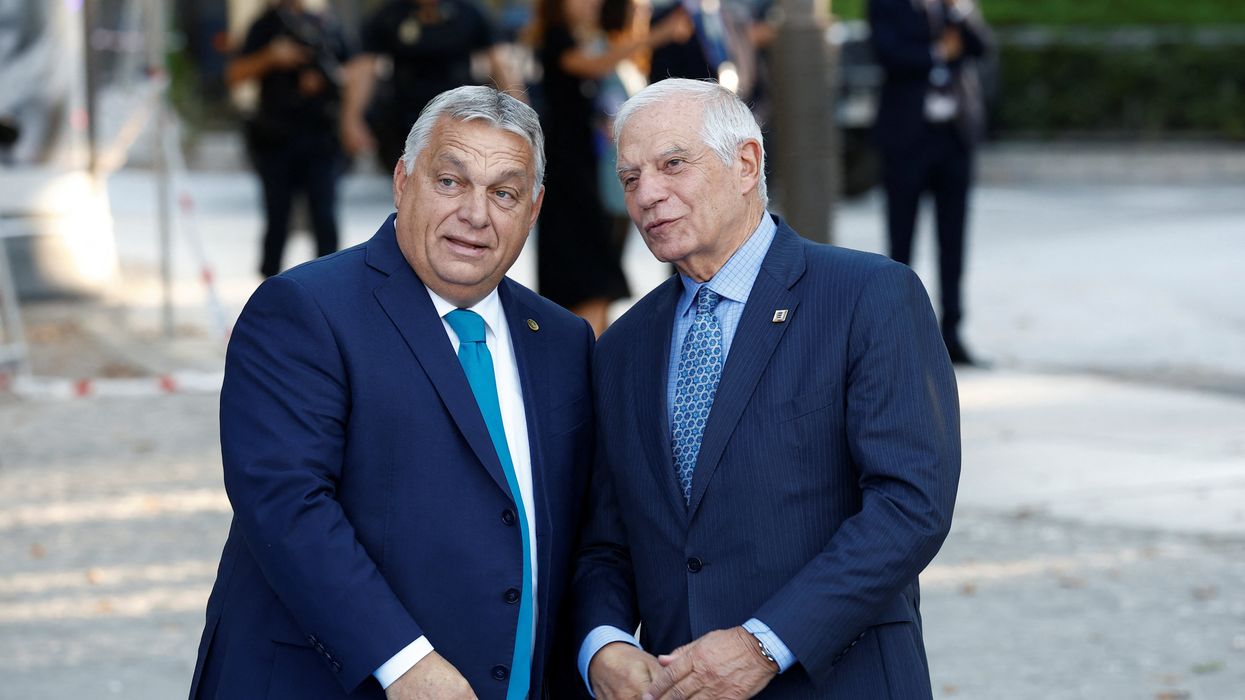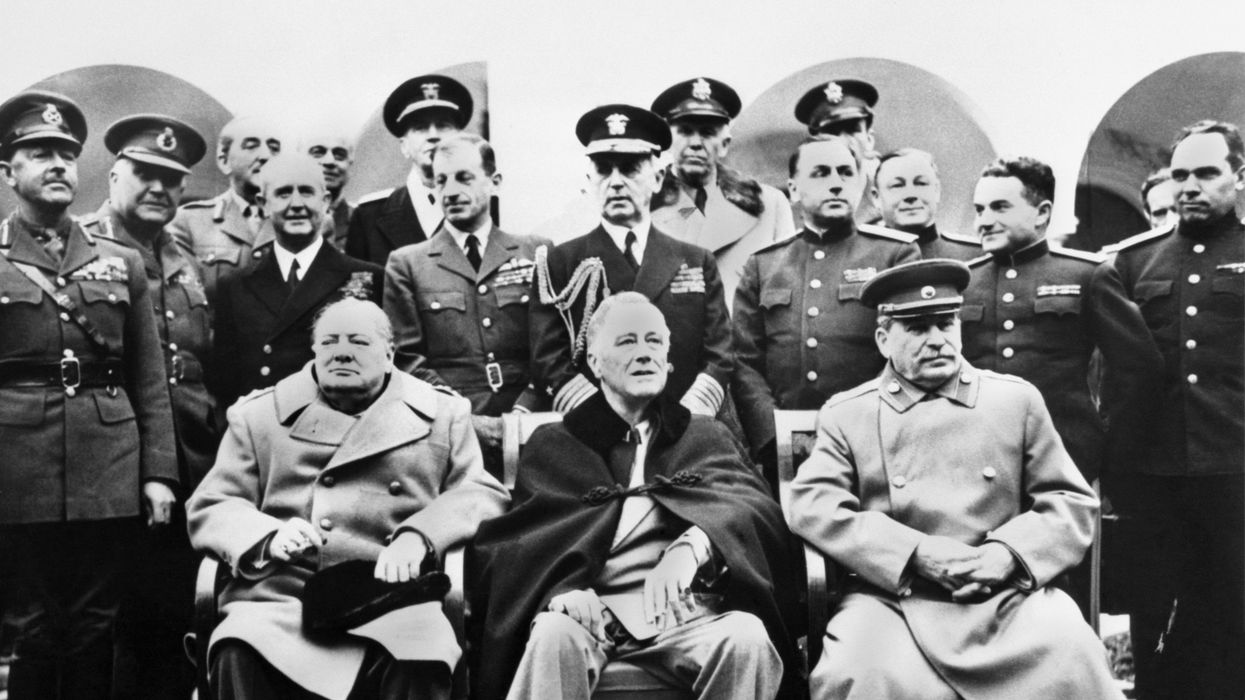What We're Watching
Hungary’s rift with the EU: Losing host privileges amid Ukraine controversy
EU foreign policy chief Josep Borrell announced on Monday that Hungary, which holds the presidency of the Council of the European Union, has lost the right to host the next meeting of foreign and defense ministers over its stance on the war in Ukraine.
Jul 23, 2024


